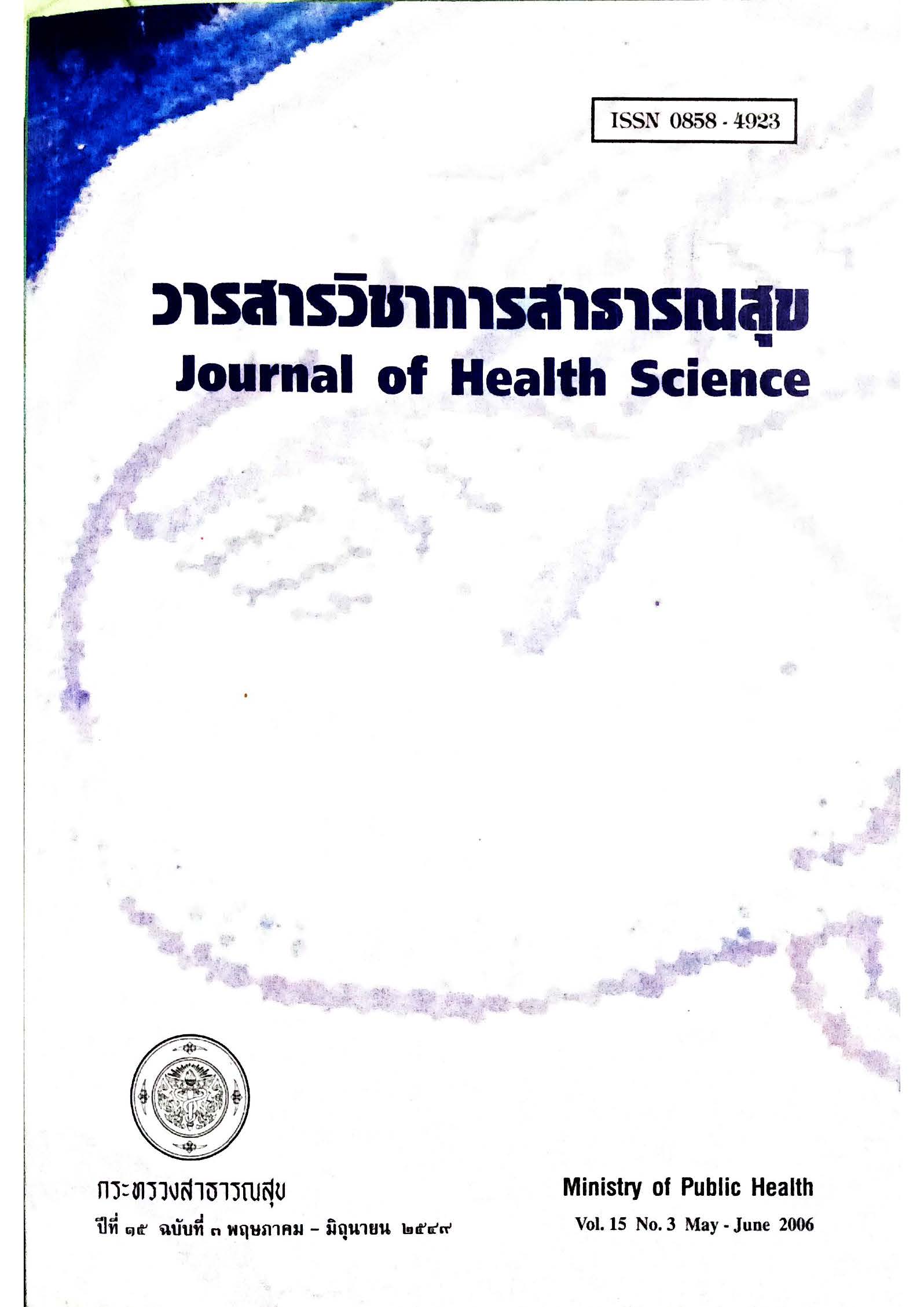Universal Health Care Policy and Public Spending of Thailand
Keywords:
Universal Health Care Policy, public spendingAbstract
The Universal health care has enabled any Thai to be covered by health insurance and to access to health services if need be. It is financially supported by the government and, hence, considered public expense. The spending should then, strictly responds to public interest. In contrast, the benefit was reportedly enjoyed not only by 85.5 percent of the poor but also 61.7 percent of the middle class. The limited financial resources were not thus efficiently used. Newly industrialized countries (NICs) even with less public expenses than industrialized countries, were able to attain comparable social and economic goals. Thailand, more or less, follows the step of industrialized nations which adopt the policy of social welfare state, resulting in high public expenditure with limited public health return. The schemes should, consequently be reshaped to maximize the efficiency for the benefit of the target groups. Health promotion should also be underlined in order to bring down public expense in due course.
Downloads
Downloads
Published
How to Cite
Issue
Section
License

This work is licensed under a Creative Commons Attribution-NonCommercial-NoDerivatives 4.0 International License.







